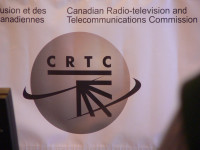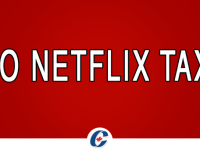Last week’s very public fight between the CRTC and Netflix escalated on Monday as Netflix refused to comply with Commission’s order to supply certain confidential information including subscriber numbers and expenditures on Canadian children’s content. While the disclosure concerns revolve around the confidentiality of the data, the far bigger issue is now whether the CRTC has the legal authority to order it to do anything at all. The response from Netflix states:
The Responses are filed voluntarily by Netflix to assist the Commission in this proceeding. The Responses are based solely on a review of the video archive of Netflix’s appearance on the CPAC web site, in view of the fact that the transcript from the hearing was not available.
The filing of the Responses is not an acknowledgment of or attornment to either the jurisdiction of the Commission by Netflix, or the substantive application of Canadian law (including the provisions of the Broadcasting Act) to Netflix. The Responses are filed strictly without prejudice to any future positions that Netflix may take.











